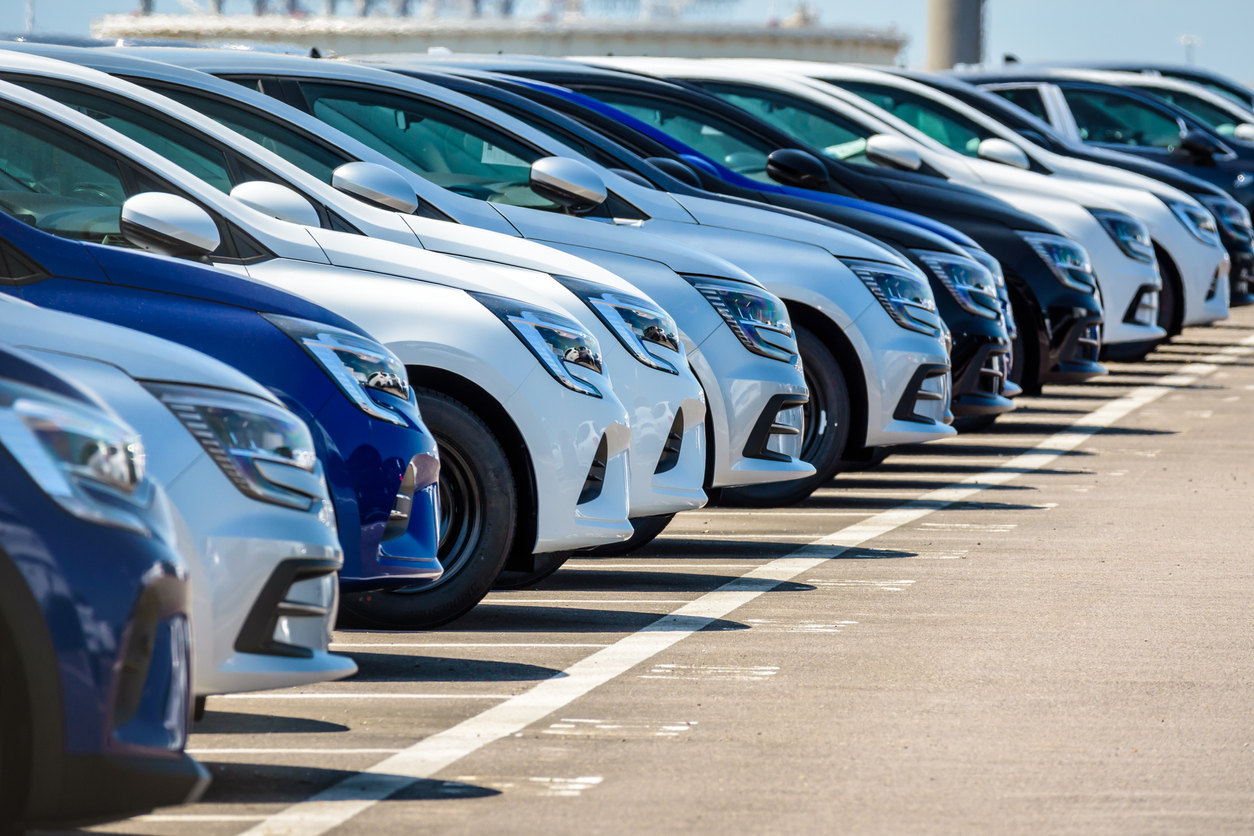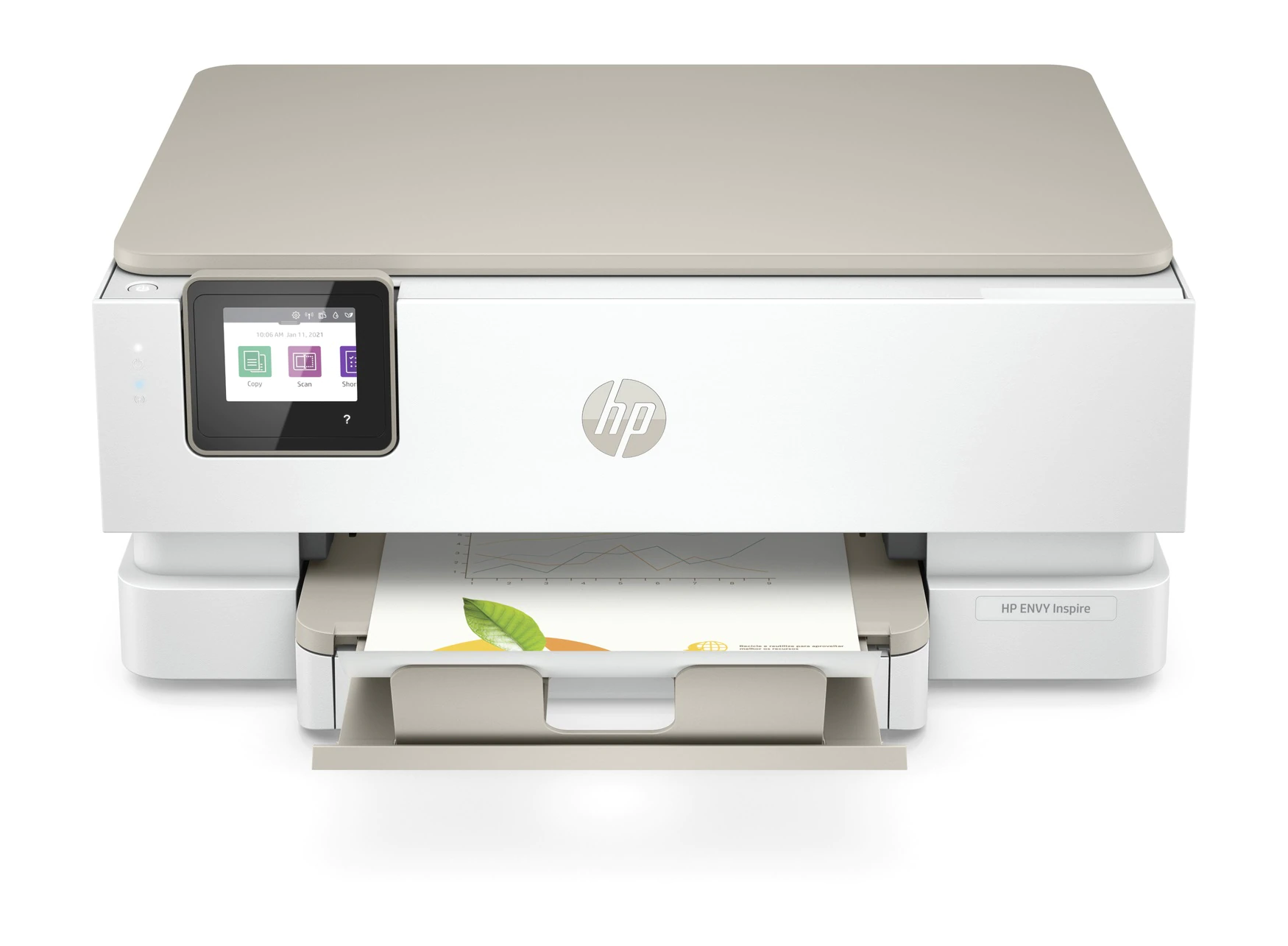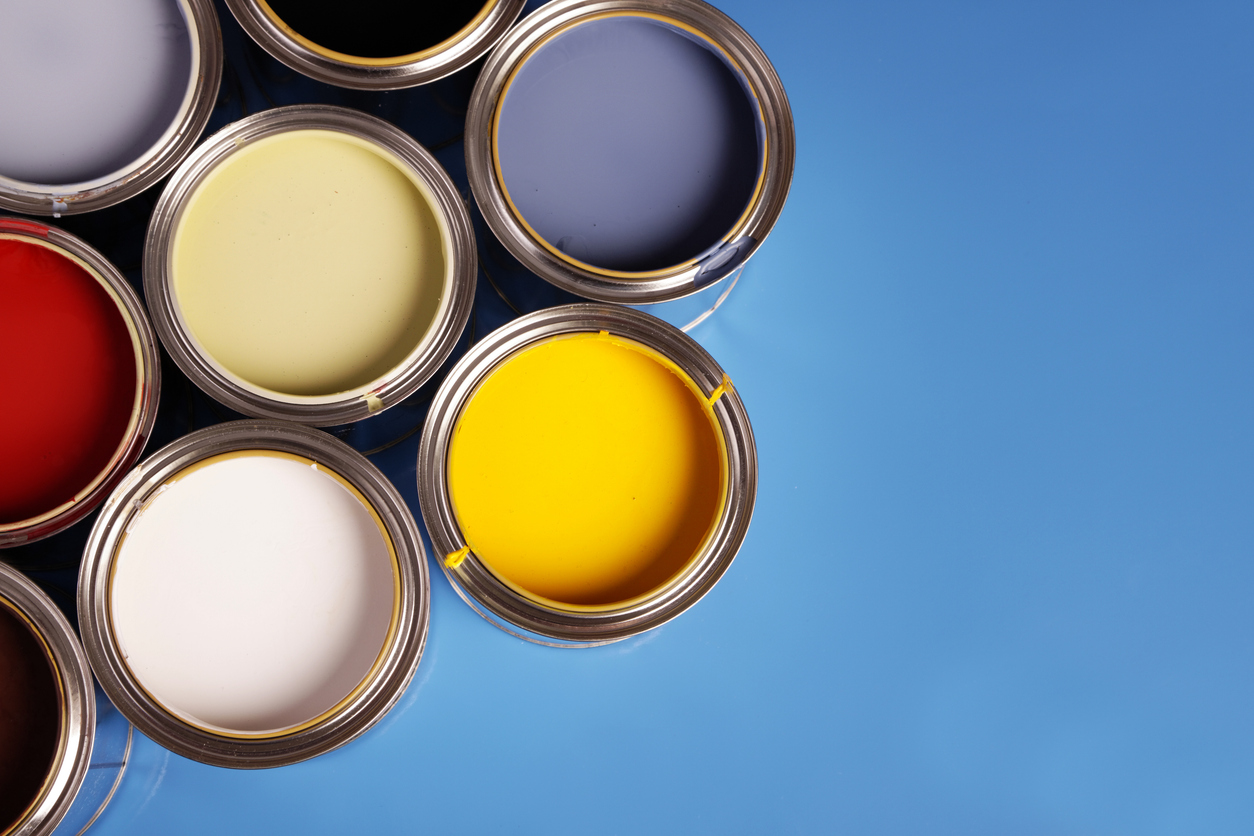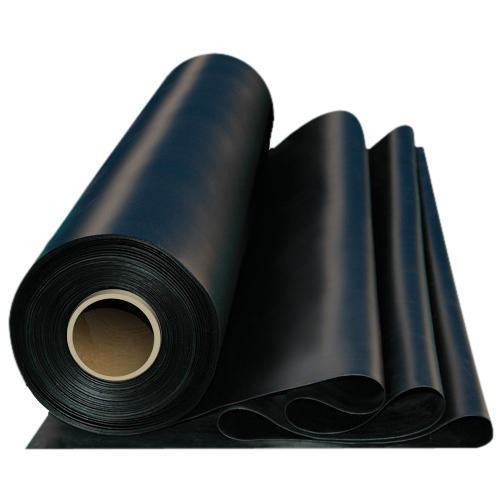Complete Guide to Customs Duty on Cars in Nigeria: What You Need to Know
Complete Guide to Customs Duty on Cars in Nigeria: What You Need to Know
Nigeria is one of the largest automobile manufacturers in Africa, and the demand for cars has been increasing with each passing year. However, unlike other goods such as refrigerators or washing machines that have direct duty rates, custom duty on cars in Nigeria is calculated based on a variety of factors. Custom duty on cars in Nigeria is calculated based on the cost, engine capacity, type of car body, and several other factors. In addition to this, there are different customs duty rates for imported new cars versus used ones as well as whether it’s coming from a partner country or not. To understand all these nuances and how they affect your personal situation, we have compiled this comprehensive guide to customs duty on cars in Nigeria.
What is Customs Duty on Cars in Nigeria?
Customs duty is basically a tax levied on certain goods being imported into a country. In the case of Nigeria, the goods that attract the highest custom duty rates are cars, tobacco, and agricultural produce. There are several types of duties that countries can levy on goods: General duty – this is applied to most imported goods, preferential duty – these are applied to goods coming from special trade partners, and specific duty – these are applied to commodities like gold, silver, and crude oil. Custom Duty on Cars in Nigeria is the tax levied on imported cars. Depending on the type of car, the engine capacity, and its price, custom duty on cars in Nigeria can range from 5-35%. In Nigeria, imported new cars attract a general duty rate of 25% while used cars attract a rate of 35%.
What Are the Types of Customs Duty in Nigeria?
– General Duty: General Duty is applied to most imported goods and is collected at the highest rate applicable. – Preferential Duty: This is applied to goods imported from countries with which Nigeria has signed a Trade Agreement. – Specific Duty: This is applied to commodities like crude oil, gold, and silver.
How to Calculate Custom Duty on Cars in Nigeria?
Custom duty on cars in Nigeria is calculated based on the car’s cost, engine capacity, and type of car body. Value of the car: This is the price of the car including the shipping cost. Engine capacity: The engine of the car is measured in cubic centimeters (cc). The engine capacity of imported cars is determined by the engine type and the cylinder capacity. Car body: There are three car body types – sedan, station wagon, and sports car. For imported new cars, the rate of customs duty is 25% of the above factors. On the other hand, imported used cars attract a rate of 35% of the above factors. To give you an example, let’s say you’re importing a new car that costs $36,000 and has an engine capacity of 2,000 cc. In this case, the rate of customs duty is 25% of ($36,000 + $3,000) which is $10,500. On the other hand, if you were importing a used car that costs $36,000 and has an engine capacity of 2,000 cc, the rate of customs duty would be 35% of ($36,000 + $3,000) which is $14,700.
Customs Duty Exemption on New Cars
If you are importing a new car into Nigeria, you get to enjoy a customs duty exemption of 2%. On the other hand, if you are bringing a used car into the country, a customs duty exemption of 5% is applicable. To qualify for customs duty exemption on new or used cars, certain conditions must be met. Let’s take a look at the conditions for customs duty exemption on new cars. – New car: A new car is one that is less than one year old from the date of manufacture. – New car not manufactured in a duty-free zone: A new car that is manufactured in a duty-free zone does not qualify for a customs duty exemption. – Use of car: The car must be imported for use in Nigeria. – Ownership of car: The car should be imported by an individual or corporate entity. Importing a car under a ship-to-shore arrangement is not allowed.
Customs Duty on Used Cars
Customs duty on used cars is higher than that on new cars. The 25% general duty rate on new cars increases to 35% for used cars. However, there are certain conditions under which used cars can be imported into Nigeria without attracting the full 35% customs duty. – Type of car: The car should be of a type that is not manufactured in Nigeria. – Age of car: The car should be at least 3 years old from the date of manufacture. – Ownership of car: The car should be imported by an individual or corporate entity. Importing a car under a ship-to-shore arrangement is not allowed.
Final Words
Customs duty on cars in Nigeria is calculated based on the cost of the car, the engine capacity, and the type of car body. Depending on these factors, custom duty on cars in Nigeria can range from 5-35%. In addition to this, there are different customs duty rates for imported new cars versus used ones as well as whether it’s coming from a partner country or not. If you are importing a new or used car into Nigeria, you get to enjoy a customs duty exemption of either 2% or 5%. This article outlines the customs duty on cars in Nigeria, what factors affect it, and the conditions that must be met to enjoy a customs duty exemption.







LEAVE A COMMENT
You must be logged in to post a comment.